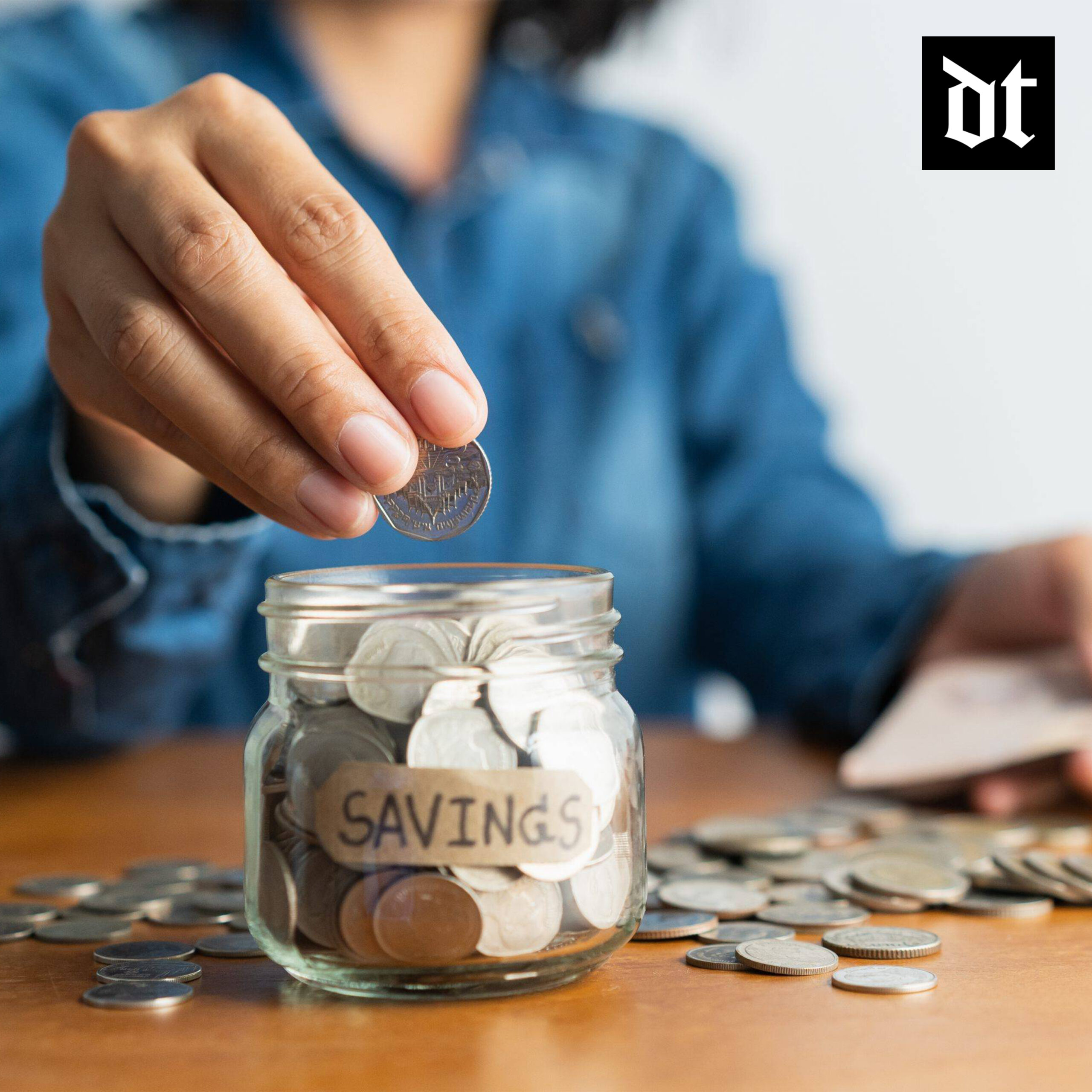
Last Wednesday, the Central Bank announced the third consecutive interest rate hike of the year. The 0.75 interest rate jump was the policymakers’ decision during a meeting scheduled two weeks ago to discuss the move against inflation. This year-long campaign to raise interest rates will soon have the expected effect as there are prospects of slow economic growth. Things are not looking sunny for the labor market as a projected 4.4% unemployment rate will go up in 2023.
Federal Reserve Chairman, Jerome Powell said there is no telling the direction this move will take. And with the recession probability, vulnerable groups should expect more challenging times. Businesses and households will struggle against this ‘tough love’ grip, but Powell added policymakers are not planning on letting up. They are taking notes from the 1970s and will not allow political pressure or criticism to sway their stand until inflation is behind us and the prices stabilize.
3 Ways The Interest Hike Will Affect Your Finances
Over the past few months, prices have been rising, hitting 8.3% in August, so the interest hike may not surprise most. That, however, has little to do with what comes with it. In one way or another, you will have to face the reality of the Central Bank’s ‘tough love, which helps you come prepared. Here is a glimpse of the effect this move will have on your money.
1. Bump In Groceries

If you feel you have been grasping at straws to stay afloat with household expenses, expect your hands to get more slippery. You will soon be bumping up your weekly groceries budget to compensate for the price hike. According to Moody’s Analytics, expect to top up $460 to last year’s groceries expenses.
2. Mortgage Rates
Good news for those with a mortgage on fixed rates as the rate increase will not affect their monthly payments. The same cannot be said for variable-rate mortgages, as monthly rates could increase. With the current mortgage rate at 6%, this rise might not significantly impact mortgage rates. For the most part, many people are optimistic that the rate will level off.
3. Credit Card Rates

The 16% rate broke the record early this year for the highest APR in years, and only months later, the rate had already climbed to more than 18%. With this increase hitting close to 19%, borrowers should expect to pay more for credit balances not cleared at the end of the month.
Final Take
The Federal Reserve is more than determined on its mission to control inflation. With the rate increment on debt, it is clear it will get much worse before it gets better. The effort to discourage spending comes at the expense of Americans’ increased monthly debt costs, which begs the question, ‘What will be left of the consumers in the wake of the Fed’s tight economic screws?’
